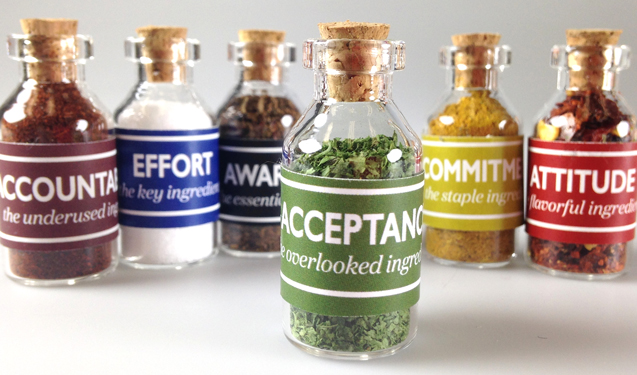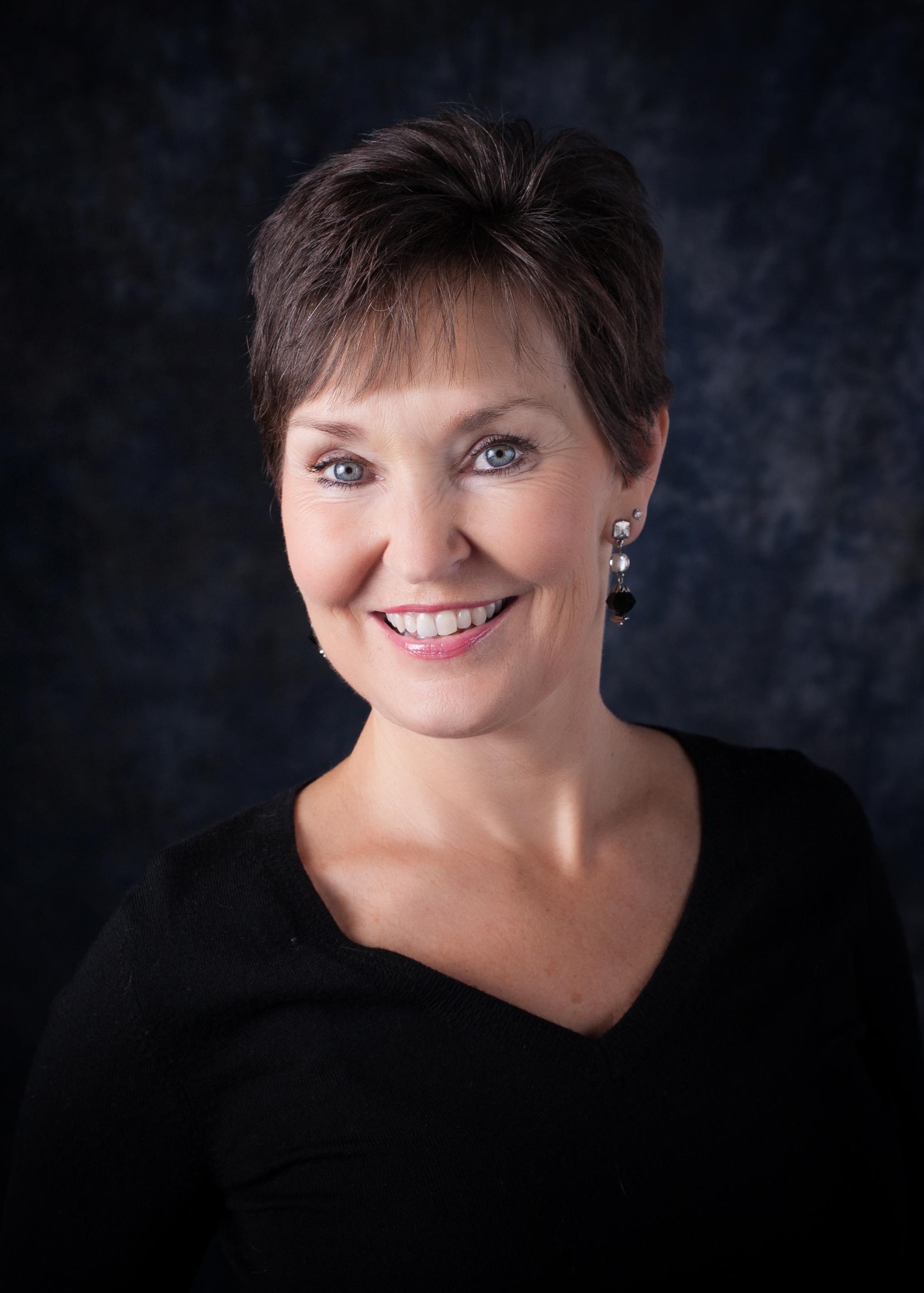THE GOOD, THE BAD AND THE UGLY IN OBESITY - Acceptance: The Overlooked Ingredient in the Recipe for Recovery

Is Recovery from Obesity…
…being skinny? No.
.,..a number on the scale? No.
…being cured and never having to worry about weight again? No.
Is Recovery improved health and quality of life? Yes.
Recovery from Obesity is learning to live life on life’s terms by making the next wise choice one day at a time. Recovery from Obesity is following the Recipe for Recovery to live FULLY and become your healthiest physical, mental, emotional and spiritual self. You choose HOW to use the ingredients in the Recipe for Recovery to create your own healthy life! Recovery is a mindset, so it’s up to you to come to terms with the good, the bad and the ugly!
THE POST-OP: My Recovery journey began when I lost weight (the good), but stalled when I came face-to-face with the realities of the disease of obesity and my compulsive overeating (the bad and the ugly). I wanted to be cured of obesity and hoped surgery would do the trick. I wanted to be “normal” and didn’t want to worry about gaining weight again. I quickly learned that there is no such thing as “normal” and had to decide whether I wanted to spend my life worrying about gaining weight, or managing my obesity. The choice was mine, and I chose Recovery, starting with AWARENESS of my disease. Since then, I have had to ACCEPT some difficult realities.
Here are a few of the things I’ve learned to ACCEPT about myself:
- I ACCEPT that I do not have an “OFF” switch around certain foods. Once I start, I won’t stop until I am sick or run out of food. Therefore, I ACCEPT that those foods are off limits for me. Period.
- I ACCEPT that I have shrinkles on my belly, butt and legs. Needless to say, I choose not to wear a bikini.
- I ACCEPT that I cannot take anti-inflammatory meds (NSAIDs) to treat my joint pain because I had weight loss surgery and am prone to ulcers.
- I ACCEPT that I am susceptible to anemia and vitamin deficiency and must be vigilant about taking my iron and supplements.
- I ACCEPT that I don’t like to workout, but I know I have to if I want to be healthy.
That’s the short list of stuff I had to come to terms with (ACCEPT) if I wanted what I said I wanted in my life – to live fully, free from the unhealthy obsession with food and weight. Of course, these are just “physical” things. Doc, what about the mental and emotional realities in Recovery?
THE DOC: As Cari very often says, obesity is “all about the food but is not about the food.” Clearly, food is part of the problem when one is obese, and yet, obesity is so much more than just the food. For example, some people are “emotional eaters,” turning to food when they are upset, angry, bored, worried, etc. They eat in response to feelings. In this case, it’s not really about the food. Learning to deal with emotions in healthy ways is the issue!
If you are an emotional eater, then choose to ACCEPT the following:
- ACCEPT that food is an unhealthy way to cope with feelings.
- ACCEPT that you may need to learn about healthy coping skills via reading books and articles or, you may need to attend therapy.
- ACCEPT that there may be unresolved issues related to the learned behavior of turning to food as a coping skill and ACCEPT that in order to live fully in Recovery from Obesity you will need to address those underlying issues.
Relationships often change after a person loses a significant amount of weight. It can be difficult for both people in a relationship to deal with their thoughts and feelings related to the changes that seem to be brought about by weight loss. If you are struggling with relationships after losing weight, whether they are marital, friendship or family relationships:
- ACCEPT that changes in relationships are common after weight loss.
- ACCEPT that the changes need to be addressed openly and directly, that feelings need to be acknowledged and discussed, and that wants and needs change for people.
- ACCEPT that sometimes people need help from a professional to get through periods of significant change in relationships.
“Self” often changes after weight loss surgery… self-esteem, self-image, and self-efficacy. Along with the changes in “self”:
- ACCEPT that these changes can affect one in positive ways and in potentially unhealthy ways.
- ACCEPT that others may accept or reject the changes, may celebrate or dismiss the changes, may change with your or may choose not to change.
- ACCEPT that you may feel uncomfortable with the changes as your body and mind adjust to them.
People sometimes report being disillusioned about not being “happy” after losing weight, which they expected they would be. If this is the case for you:
- ACCEPT that “happiness” is an inside job and not based solely on your weight, size, appearance.
- ACCEPT that there are other aspects of yourself to explore including your personality traits, your talents, your interests, your behavior toward self and others.
- ACCEPT that “happiness” is closely related to your thoughts, then examine your thought patterns and ACCEPT that only YOU can choose if they will be positive or not!
Obviously, we could write for days about how ACCEPTANCE of the “good, the bad and the ugly” is a necessary part of Recovery from Obesity. What do you need to ACCEPT in order to move closer to obtaining those things related to obesity that are the most meaningful to you? What do you need to ACCEPT that is directly about the food and what do you need to ACCEPT that is not directly related to food, but does affect your eating and exercise habits?
Stick with the winners, get outside help when you need to, stay open-minded, use the ingredients of the Recipe for Recovery to live the healthy life you want…AND, be sure to join us daily on our Facebook page for ongoing motivation, education and inspiration. You can’t do this alone, and no one can do it for you!
Thank you so much for your always insightful approaches to the human condition and obesity.
Acceptance is such a huge part of what we do, and how we should do it. I think a lot of people go into WLS thinking that once they lose weight , all will be perfect. When they realize that weight loss is not perfect, and that they also will not be perfect, they hit a wall.
It is only when you realize that perfect is not a state of being, but a state of mind that you can get beyond the past and move on to the next phase in your life.
Sometimes hitting that wall is good because it urges you to push on through it. For many however, it stays as a wall, becoming a divider between them, and their goal of healthy living.
Thank you again for all you do.
Great article. I do think there is an aspect that is often overlooked. Recovery is also accepting that you are never going to be the same again. Your insides are changed. Eating is different and changed forever. Yes, you can eat around the surgery, but you have to try hard.




Alex Brecher 10,515
Posted
Thanks for the great article. It is so true that acceptance is a critical part of living a healthier and happier and higher-quality life, which, as you point out, is the point of WLS. We have to accept that life will not be perfect, but it can sure be better if we do our best to acknowledge our struggles and figure out how to manage them.
I also appreciate your reminder that others may or may not accept our struggles because so often, we act based on what other people think, and not always based on what is healthiest for us. Also, we need to face our struggles and our need to deal with food, not deny it.
One thing that helps me with acceptance of as part of the process of recovering from obesity is remembering that life isn’t perfect for anyone. I may have – and dislike – my struggles with obesity, but other people have other struggles that maybe I don’t have and maybe they dislike just as much. None of us have the perfect life, and we all have to accept that the best we can hope for and work towards is the best possible situation for us.
Share this comment
Link to comment
Share on other sites